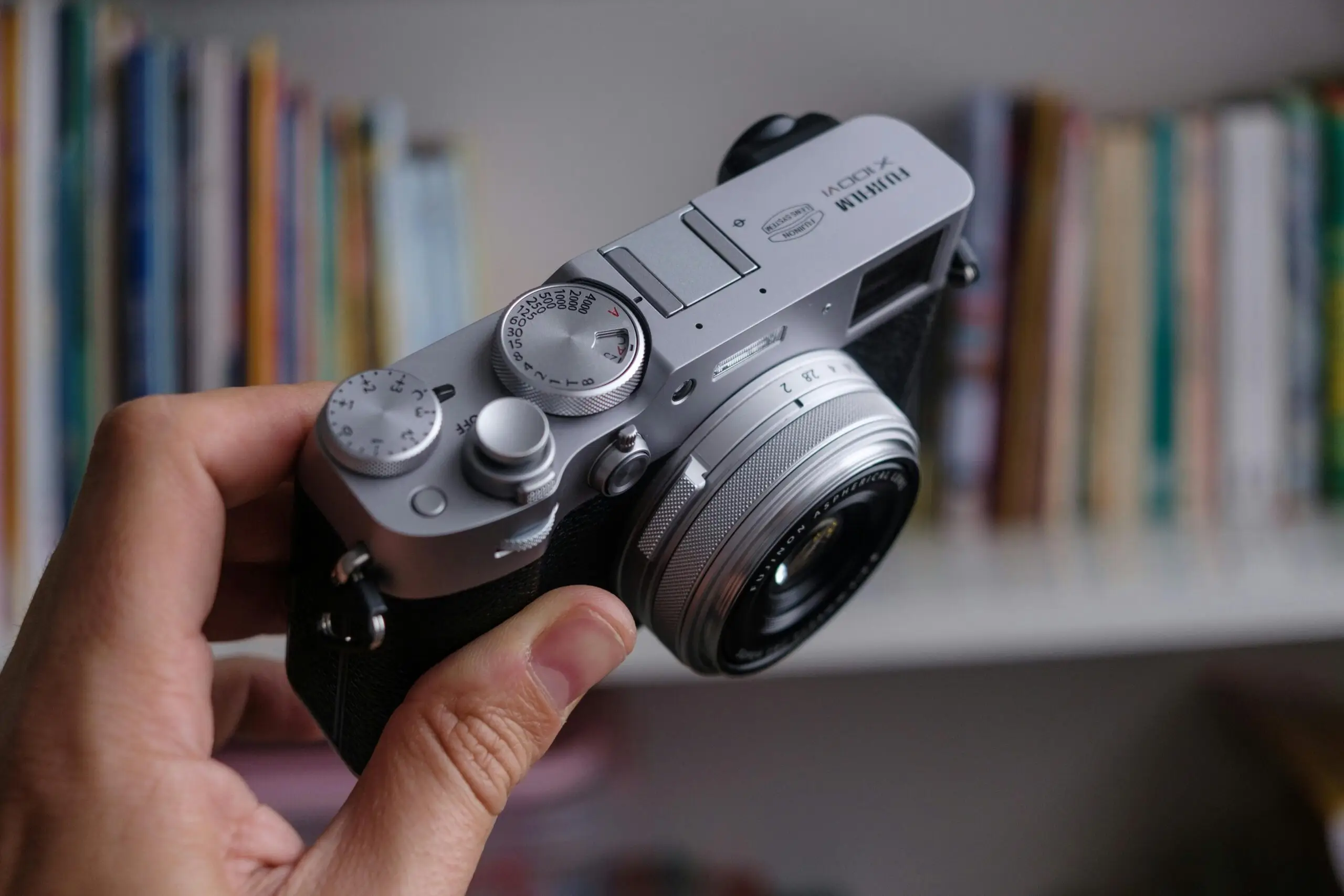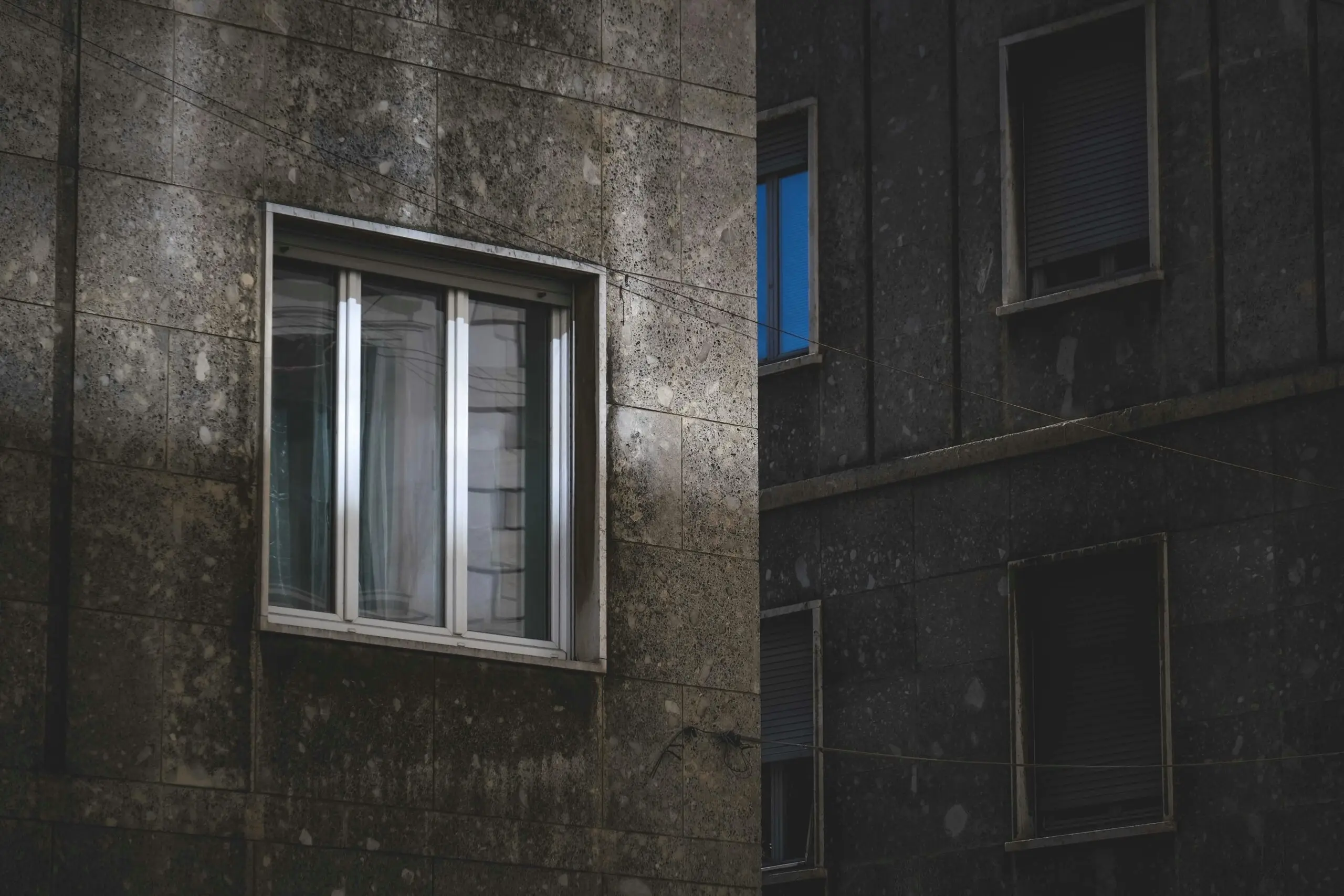Let me tell you something I’ve learned — not from textbooks, not from research papers, but from sitting with people. From real conversations, real lives, and real moments that don’t fit on forms.
Storytelling, when it’s done right, can do something quite remarkable for someone with memory loss. It’s not about jogging their memory like a warm-up before a run. It’s not about testing what they still know. It’s about saying: you’re still here. You still matter. And your story hasn’t disappeared, even if some of the details have.
I’ve spent the past few years capturing people’s stories — not headlines, not soundbites — actual stories. Honest, sometimes painful, sometimes hilarious, always human. And I’ve seen what happens when someone living with memory loss is invited to tell theirs.
They don’t always remember everything. Sometimes the story comes out sideways. Sometimes they forget who I am halfway through and offer me a custard cream like I’ve just walked in. But when they start speaking — really speaking — there’s a moment, even if brief, where the fog clears. And you see them.
Not the diagnosis. Not the confusion. Not the worry that’s etched into their partner’s face. Just them.
And that’s why I do it.
I remember sitting with a man called Harry — a retired signalman. Didn’t remember my name, but the minute I mentioned train lines, it was like a light came on. He told me about semaphore signals, shift changes, the way the platforms used to smell in the rain. His daughter stood behind me crying quietly — not because she was sad, but because for those few minutes, her dad was back. Not fully, not permanently. But present.
That’s the power of story. It doesn’t fix memory loss. But it lets someone be seen.
When someone shares their story — even if it’s just a fragment — they’re reclaiming something. They’re saying, “I am not just what I’ve forgotten.” And when I write it down, photograph them, or simply sit and hold that story with them, it becomes something solid. It gives them dignity. Not as a former version of themselves, but as who they are now.
Because let’s be honest, memory loss can strip away a lot. It confuses people, isolates them, makes the world feel like it’s moving just a little too fast. But a story — a shared story — can slow things down. It can anchor someone. It can spark something — a smile, a sigh, a song lyric that’s been hiding in the back of the mind.
And here’s something else: it’s not just powerful for the person telling the story. It’s powerful for the family too.
I’ve worked with so many people who say, “I feel like I’m losing them.” And yes, in some ways, that’s true. But through storytelling, we often uncover parts of their loved one they never knew. The mischief. The heartbreak. The things that shaped them before they were “Mum” or “Grandad” or “that lovely lady at the dementia café.”
I once sat with a woman whose memory was patchy, but whose sense of humour was razor-sharp. She told me about the time she snuck into a dance in 1953 wearing borrowed lipstick and a bad attitude. Her daughter nearly fell off her chair — she’d never heard that one before. And just like that, this woman wasn’t just her mum with dementia. She was a rebel. A flirt. A story.
And that’s what it does. It fills in the person, not just the gaps.
Now — if we zoom out a little — when you collect enough of these stories, something even bigger happens. You start to see patterns. You start to hear the same things being said in different ways. Not just about memory loss itself, but about services, support, what helps and what doesn’t.
And that’s when stories turn into insight.
I could show you reports and charts and percentages about dementia support. But if you really want to understand the impact, let me tell you about the man who sits by the window waiting for someone who doesn’t come. Or the woman who brightens up when someone plays the right music — not just “any” music, but her music. The soundtrack to her life.
That’s where the real information lives — in people’s lives. Not in surveys, not in bullet points.
And here’s the thing: when people feel heard, they feel stronger. There’s something about telling your story — even if your memory’s not perfect — that reminds you you’re not invisible. That you still have something to give. That you haven’t disappeared.
And when others read those stories — carers, families, people just starting on this journey — they feel less alone too. They start to see themselves in someone else’s words. They start to think, “Okay. Maybe I’m not the only one feeling this. Maybe this is survivable.”
So how does storytelling help someone with memory loss?
It connects. It comforts. It empowers. It informs. It says: You are still here. You are still you. And your voice still matters.
That’s why I do what I do.
Not just to preserve the past. But to hold up a mirror to the present. To make sure that, in a world where people are slowly being forgotten, we take the time to remember them properly.
Not with stats.
But with stories.

